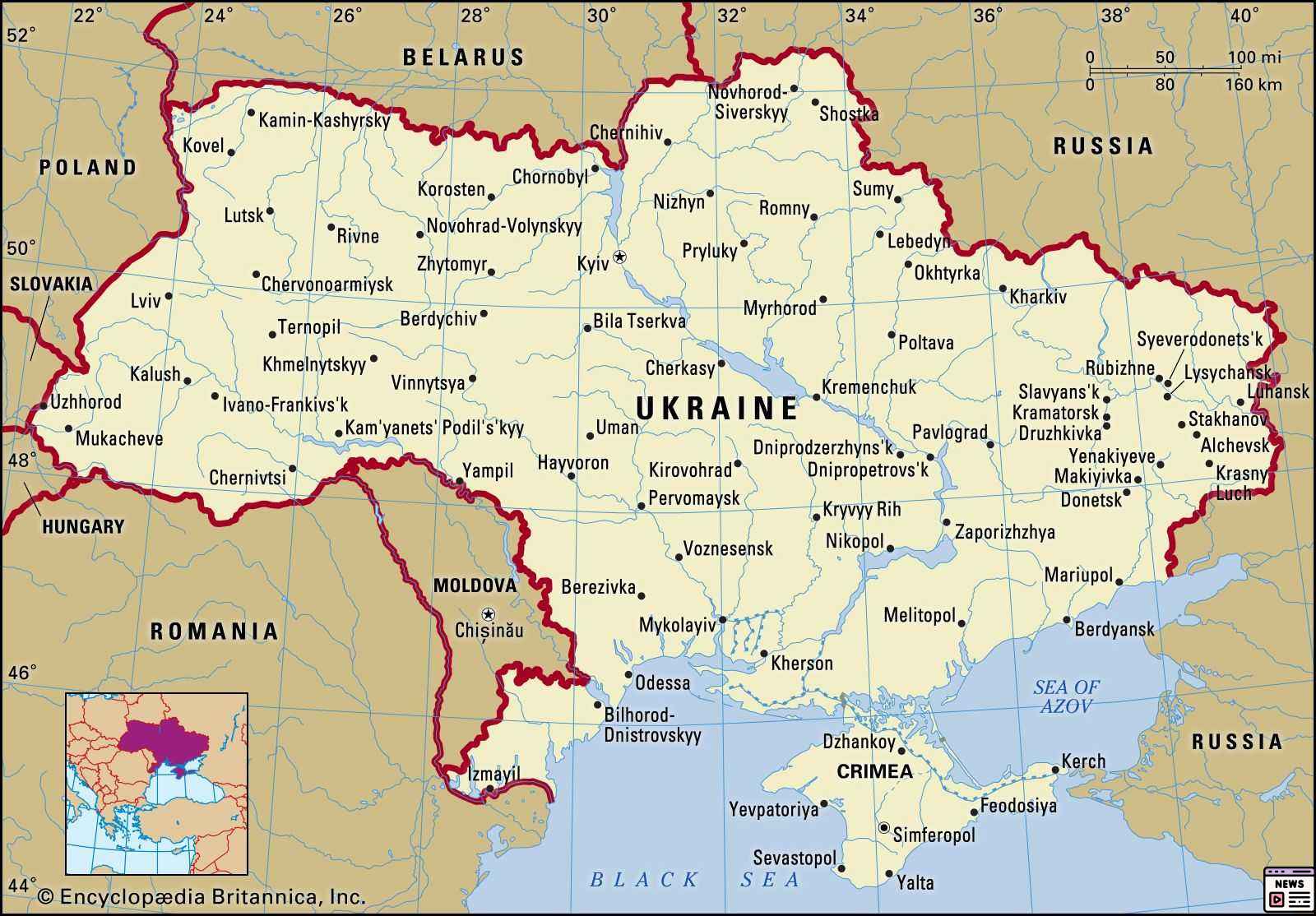Updated on: October 10, 2024 11:58 pm GMT
Prime Minister Justin Trudeau has stated that Ukraine should have the autonomy to conduct strikes deep within Russian territory, despite warnings from Russian President Vladimir Putin that such actions could escalate the conflict and potentially draw NATO countries, including Canada, into direct war. This stance reinforces Canada’s commitment to supporting Ukraine amid ongoing hostilities stemming from Russia’s invasion.
Trudeau’s Support for Ukraine’s Long-Range Strikes
During a recent news conference in Sainte-Anne-de-Bellevue, Quebec, Trudeau emphasized Canada’s full support for Ukraine utilizing long-range weaponry. He asserted that these actions are essential in protecting Ukrainian civilians and infrastructure from Russian aggression. “Canada fully supports Ukraine using long-range weaponry to prevent and interdict Russia’s continued ability to degrade Ukrainian civilians and infrastructure, and mostly to kill innocent civilians in their unjust war,” Trudeau said.
Trudeau’s remarks come at a critical time as Ukraine has demonstrated an increased capacity to strike back against Russian forces, particularly after recent offensives along the border. Ukrainian forces recently occupied parts of Russian territory for the first time since World War II, showcasing significant military advancements.
International Implications
The Prime Minister’s comments align with broader concerns regarding the implications of Russia’s actions for global stability. Trudeau remarked that failing to support Ukraine could embolden larger nations to attempt similar aggressive expansions into neighboring countries. “If we allow this to happen, it encourages larger nations to try absorbing their neighbors,” he added.
NATO’s involvement in the conflict has been a subject of ongoing debate, with many member countries weighing their level of support for Ukraine. While the United States has permitted Ukraine to use American-supplied weapons for strikes just across the border, there are limitations regarding the distance and nature of such strikes. The U.S. has primarily authorized missions targeting areas directly involved in attacks against the Ukrainian city of Kharkiv.
Putin’s Warning
In response to Trudeau’s endorsement of Ukraine’s long-range capabilities, President Putin issued dire warnings, indicating that NATO’s support for Ukrainian strikes could escalate military engagement in the region. He emphasized that any such actions would not only risk increasing hostilities but could also threaten the international rules-based order.
Putin’s administration argues that allowing Ukraine to interfere within Russian territory represents a significant threat, calling it an escalation that could redefine the parameters of the ongoing war. This tension highlights the complexities of international relations amidst the Ukraine conflict and the potential for wider involvement should aggression continue.
Political Repercussions in Canada
As Trudeau continues to navigate the challenges of supporting Ukraine, he faces domestic political pressures as well. The recent federal byelection in Toronto-St. Paul’s saw Conservative candidate Don Stewart win against Trudeau’s chosen candidate, Leslie Church, in what has been interpreted as a significant upset for the ruling Liberal party. This political shift adds an additional layer of concern for Trudeau, as he must balance international obligations with domestic political stability.
In the wake of this electoral loss, Trudeau’s government could find itself reconsidering its legislative priorities, particularly with impending discussions around electoral reform that have received fierce opposition from all parties. The Liberal agenda aimed at enhancing social supports and housing initiatives is under scrutiny, and the ramifications of foreign policy decisions may further impact public perception of the government.
Ongoing Support for Ukraine
Despite the complexities of both international and domestic pressures, Trudeau reaffirmed Canada’s commitment to providing humanitarian and military aid to Ukraine. This includes an array of long-range weaponry and training to bolster Ukraine’s defense capabilities. Canadian leadership continues to play a role within the international coalition supporting Ukraine, striving to maintain Ukraine’s sovereignty against Russian aggression.
In his statements, Trudeau has consistently underscored the importance of maintaining a united front among NATO allies. As discussions about military aid continue, Canada is expected to remain a key player in supporting Ukraine through this ongoing conflict.
Future Considerations
As the conflict in Ukraine evolves, the balance of international support and implications for national security will remain crucial considerations for Western governments, including Canada’s. The stakes are high, and the direction of future military aid, strategic strikes, and support from NATO allies will likely determine the trajectory of both the conflict and the political landscape within Canada.
While Trudeau’s position aligns with protecting Ukraine’s autonomy and self-defense capabilities, the potential for direct conflict with Russia looms as a cautionary note for policymakers. As diplomatic and military strategies unfold, the focus will be on navigating these challenges without inciting further escalation in an already volatile region.
This report from The Canadian Press shares the latest news about the support for Ukraine as things get more complicated in the world.
